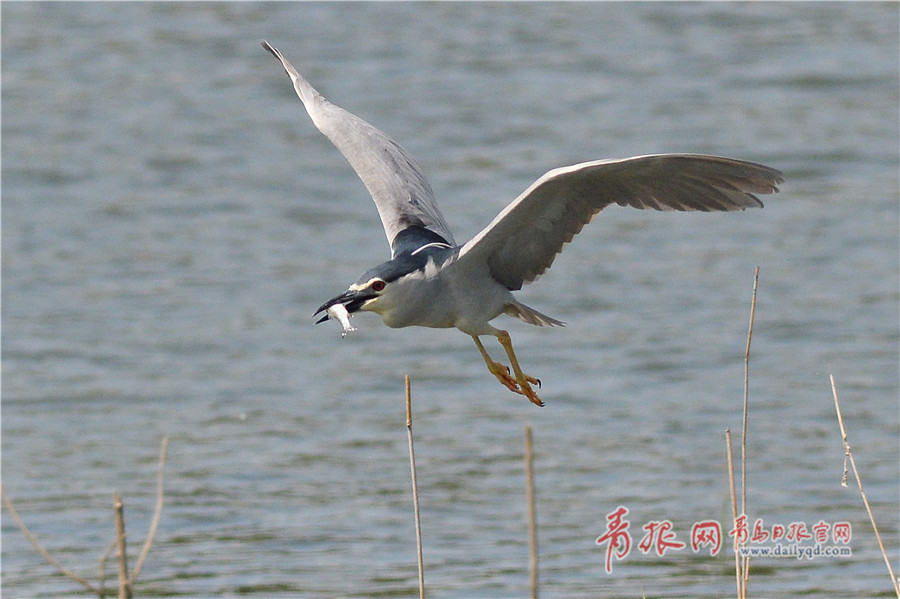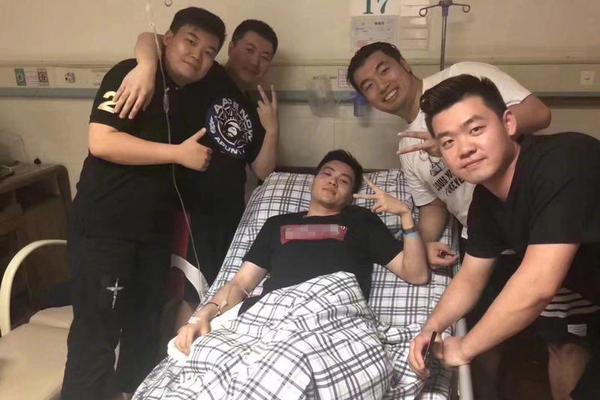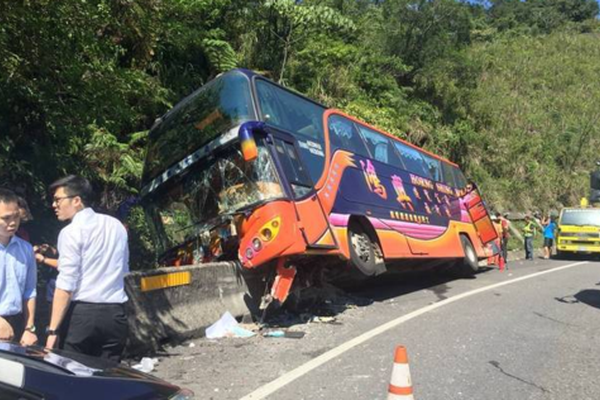
By GWEN MURANAKA, Rafu Senior Editor
As the crowd filtered into the Tateuchi Democracy Forum on July 30, the sounds of John Hubbard and the Prophets, “Hello Stranger” by Barbara Lewis and Mariko Nishizu singing “It’s Too Late,” welcomed the gathering for an afternoon of reminiscing about the good ol’ days of the Sansei rockers.
In the way that Big Band music defined the Nisei generation, the sounds of R&B music that filled Rodger Young Auditorium and Parkview Women’s Club on Saturday nights formed the soundtrack for the lives of Sansei coming of age in Southern California in the ’60s and ’70s.
Sansei rockers Harry Manaka, Tina Fujino, David Honjio and Gerald Ishibashi were joined by actress Brittney Ishibashi, Gerald’s daughter, who emceed the discussion and recalled growing up around the Sansei dance scene.

Manaka, keyboardist with Somethin’ Else, captured vivid memories of those days in his book “Chronicles of a Sansei Rocker,” published last year. He joined Somethin’ Else in 1967 and played a Hammond B3, which weighed 450 pounds.
He said he got his start by going to Rodger Young and listening to bands such as The Emeralds. He recalled being at Rodger Young the night that Something Else had decided to break up.
“I said, ‘Wait a minute, I play keyboards!’ Of course I didn’t have any keyboard to play, figured I had taken piano lessons so I could play keyboards,” Manaka said. He purchased a Farfisa keyboard, auditioned and was soon a member of the band.

Honjio started played with his older brother and cousins at 11 years old in Thee Essence. The band would perform at Nisei Week talent shows, school dances and pancake breakfasts. He joined The Prophets at 15, playing trumpet, flugel horn and congas, as well as singing, and became a founding member of Carry On when The Prophets broke up.
“I remember very clearly seeing Something Else and Royce Jones in his white suit singing and I was so impressed and thinking, that’s what I want to do. I also remember seeing Tina (Fujino), seeing an Asian girl really sing rock and roll,” Honjio recalled.
He was so young that he couldn’t drive when he started performing in the Sansei dance circuit.

“My mom would drop me off in the station wagon and pick me up at the end of the night,” Honjio recalled.
Fujino was one of the only Asian women to perform and sang lead vocals with Long Time Comin’, the first Sansei band to headline in Japan in 1972.

She stopped performing in 1977, moving to Wisconsin, where she became a social worker, working with teenage boys. Today she says her greatest joy is her new grandchild. She remembered playing in Japan.
“It was totally mind-boggling for me. You get off the plane and everyone looks like your relatives,” she said.
Growing up in the Imperial Valley, Ishibashi said his bands were always integrated, but found that music was the common denominator. Ishibashi and Manaka teamed up in 1981 to create the Sansei All-Stars. Today, Ishibashi is working on a concert film for his group, Island Crooners, for PBS.
“My brother Grant and I were the only Sansei musicians probably in the entire Imperial Valley, so we had a lot of hakujin, haoleplayers as well as Mexican American players. We ended up playing quincea?eras. We always were exposed to integrating the group because there were only two Japanese musicians and a duo probably wouldn’t have gotten far,” said Ishibashi.
Manaka and Honjio acknowledged that there was respect and also healthy competition among the bands.

“Behind the scenes, we wanted to beat you guys,” Honjio said to Manaka. “All of the bands wanted to be the last band to play. That meant you were the headliner.”
The audience cheered when Honjio said that Carry On is hoping to reunite for a performance.
Besides the Sansei rockers on the panel, other members of the dance scene in attendance included Dave Akiyama, Gary Asamura, Anthony Baray, Bob Flores, Ken Fong, Mark Guerrero, Howie Hiyoshida, Kenny Itagaki, Ken Ito, Grayson Izumi, Royce Jones, Andy Kudo, Jeff Louie, Gary Moriguchi, Scott Nagatani, Glenn Nishida, Gary Oba, and Ed Portugal.
The panel acknowledged Dan Kuramoto of Hiroshima, who was also in attendance, noting that at one time Hiroshima opened for Carry On at the Baby Lion. As cover bands, the goal was to sound as close as possible to the original, while Hiroshima performed their own compositions.

Manaka’s voice cracked when he spoke of David Jingu, whom he called the greatest Sansei guitarist. Jingu was 27 when he was shot and killed on Dec. 16, 1978 at the Baby Lion supper club trying to break up an altercation. Fighting at the dances eventually led to the end of the Sansei dance era.
Afterwards, Manaka said they plan to produce a stage performance, “Sansei Rocker — Behind the Curtain,” which will incorporate live music.
The popularity of Sansei rockers has been an opportunity for many Sansei to reconnect with old friends.
“Many people have emailed, phoned, and sent me text messages, telling me how my book has served as a catalyst for them reconnecting with old schoolmates and friends from their past. I’m thrilled to death that this is happening … The same holds true from my own experience. I love that I have reconnected with so many people from my past!” said Manaka.
 Heart Mountain Interpretive Center Road Sign Installed
Heart Mountain Interpretive Center Road Sign Installed
 Wordle today: The answer and hints for August 1
Wordle today: The answer and hints for August 1
 Wordle today: The answer and hints for July 31
Wordle today: The answer and hints for July 31
 This '4D' printing method could make packing for outer space much easier
This '4D' printing method could make packing for outer space much easier
 Gardena Police Officer Dies After Collision
Gardena Police Officer Dies After Collision
 Shop Echo devices at their lowest prices at Best Buy
Shop Echo devices at their lowest prices at Best Buy
 NYT Strands hints, answers for August 2
NYT Strands hints, answers for August 2
 Elon Musk wants your trip to Mars to be like a Carnival cruise
Elon Musk wants your trip to Mars to be like a Carnival cruise
 Discord Fuels Union Church Debate
Discord Fuels Union Church Debate
 110m men hurdles final Paris 2024 livestream: Watch live athletics for free
110m men hurdles final Paris 2024 livestream: Watch live athletics for free
 Keiro、41団體に助成金授與:受領(lǐng)4代表が謝辭、活動概要発表も
Keiro、41団體に助成金授與:受領(lǐng)4代表が謝辭、活動概要発表も
 Rory McIlroy Paris 2024 livestream: Watch live golf for free
Rory McIlroy Paris 2024 livestream: Watch live golf for free
 Best Target deal: Spend $50 on select cleaning supplies and get a $15 Target GiftCard
Best Target deal: Spend $50 on select cleaning supplies and get a $15 Target GiftCard
 NYT Strands hints, answers for August 2
NYT Strands hints, answers for August 2
 Newsom Visits Torrance to Campaign for Muratsuchi
Newsom Visits Torrance to Campaign for Muratsuchi
 Curious wild seal checking out a snorkeler is amazing and nerve
Curious wild seal checking out a snorkeler is amazing and nerve
![[Update: Meta responds] Scammers are using Meta's copyright takedown tool against influencers](http://n.sinaimg.cn/translate/42/w540h302/20190221/44tr-htknpmh1450588.jpg) [Update: Meta responds] Scammers are using Meta's copyright takedown tool against influencers
[Update: Meta responds] Scammers are using Meta's copyright takedown tool against influencers
 OmniBook X deal: Get $300 off at Best Buy
OmniBook X deal: Get $300 off at Best Buy
 Kayoko Wakita to Be Honored by Studio for SoCal History, Girl Scouts
Kayoko Wakita to Be Honored by Studio for SoCal History, Girl Scouts
 Tens of millions will roast in first major U.S. heat wave of the season
Tens of millions will roast in first major U.S. heat wave of the season
The 2 most viral giraffe mothers on the internet meet and create glorious photosHow Britain is trying to control the porn you watchThe future is being able to monitor the heart rate of your favorite NFL playerIt turns out CPR will bring a drowned lizard back to life. A couple of times.The science march is about 'hope' for a factDaughter tweets her mom's brilliant plan to screw over a Trump rallyThis Donald Trump interview transcript has a whole lot of 'unintelligible' in itLyft finally offered up financial proof it actually benefitted from #DeleteUberThis BatmanThis Twitter account rounding up local British news is hilarious These D.C. restaurants are donating inauguration weekend profits to charity Fancy teen wears suit to meet newborn niece because 'first impressions matter' What it's like to show a sex toy at CES A blind man attached a GoPro to his guide dog Periscope could be your 24/7 personal trainer in 2017 Redditors share portraits of their dogs posing majestically for the camera Terrified swimming elephant stays afloat in a fantastic Photoshop battle Man complains about women shopping in pyjamas, ignites fierce debate You can experience Obama's last speech live in 360 degrees New guidelines aim to stop kids' peanut allergies before they start
0.2307s , 9942.5703125 kb
Copyright © 2025 Powered by 【1989? ??? ??? ??】Enter to watch online.Sansei Rockers from ’60s, ’70s Stage Reunion,Global Perspective Monitoring